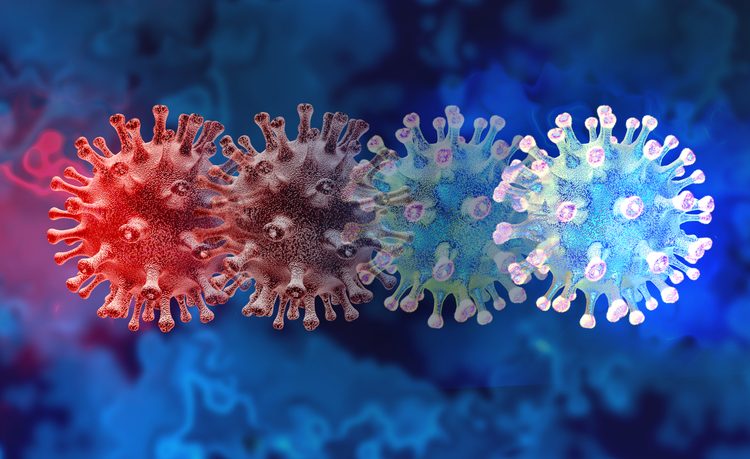Algorithm helps find best drug targets for all COVID-19 variants
Posted: 23 July 2021 | Anna Begley (Drug Target Review) | No comments yet
A new computer algorithm has identified highly conserved sequences in viral proteins that could make the best drug targets for COVID-19.


As the mission to create treatments that work against all coronavirus variants becomes more pertinent, a team of scientists at the University of Toronto, Canada, have analysed viral proteins across 27 coronavirus species and thousands of samples from COVID-19 patients, identifying highly conserved sequences that could make the best drug targets for novel coronaviruses.
Drugs often bind inside “pockets” on proteins, thereby interfering with the protein’s function. Scientists can identify potential drug-binding pockets from the three-dimensional (3D) structures of viral proteins, although viruses can eventually mutate their protein pockets so that drugs no longer fit. However, some drug-binding pockets are essential to the protein’s function so do not mutate, and these sequences are generally conserved over time in the same and related viruses.
The team, led by Matthieu Schapira, wanted to find the most highly conserved drug-binding pockets in viral proteins from COVID-19 patient samples and from other coronaviruses, revealing the most promising targets for pan-coronavirus drugs. The researchers used a computer algorithm to identify drug-binding pockets in the 3D structures of 15 SARS-CoV-2 proteins. They then found corresponding proteins in 27 coronavirus species and compared their sequences in the drug-binding pockets.
The two most conserved druggable sites were a pocket overlapping the RNA binding site of the helicase nsp13 and a binding pocket containing the catalytic site of the RNA-dependent RNA polymerase nsp12. Both of these proteins are involved in viral RNA replication and transcription. The drug-binding pocket on nsp13 was also the most highly conserved across thousands of SARS-CoV-2 samples taken from COVID-19 patients, with not a single mutation.
Novel antiviral drugs targeting the catalytic site of nsp12 are currently in Phase II and III clinical trials for COVID-19 and, according to the researchers, the RNA binding site of nsp13 is a previously unexplored target that should be a high priority for drug development.
The study was published in Journal of Proteome Research.
Related topics
Drug Development, Drug Leads, Informatics, Molecular Targets, Protein, RNAs, Sequencing, Target molecule
Related conditions
Covid-19
Related organisations
The University of Toronto
Related people
Matthieu Schapira


